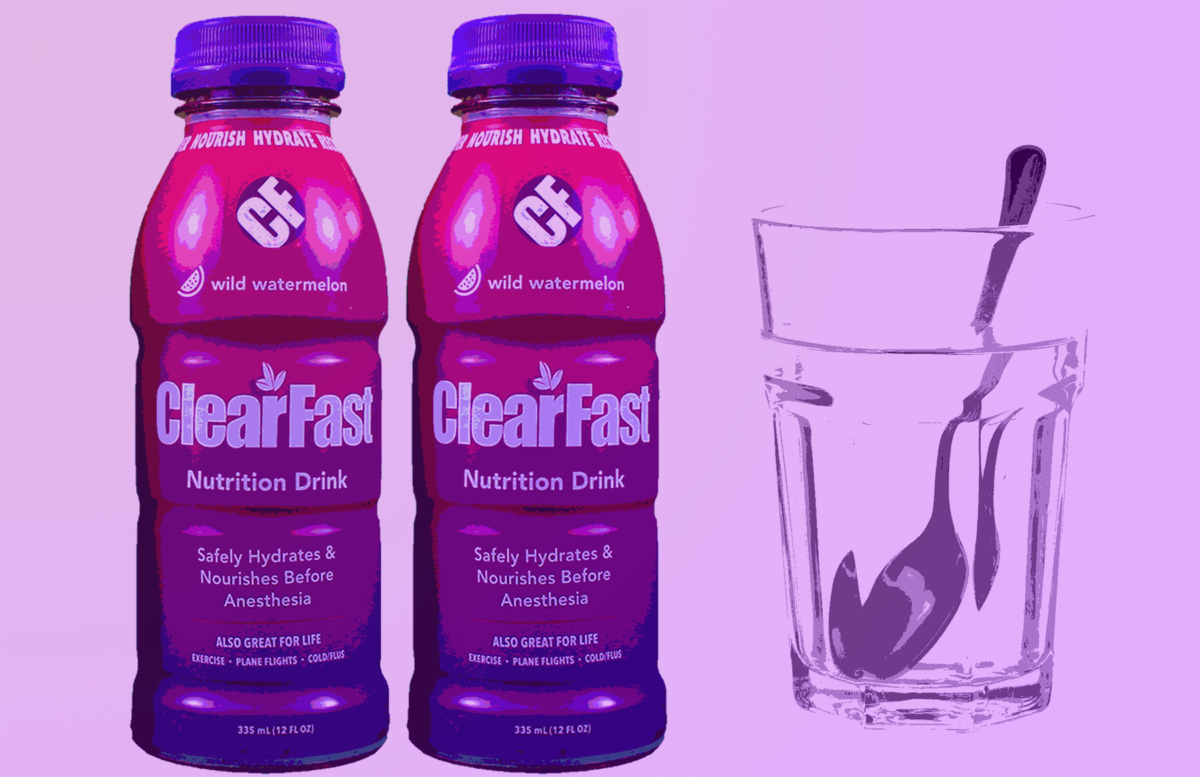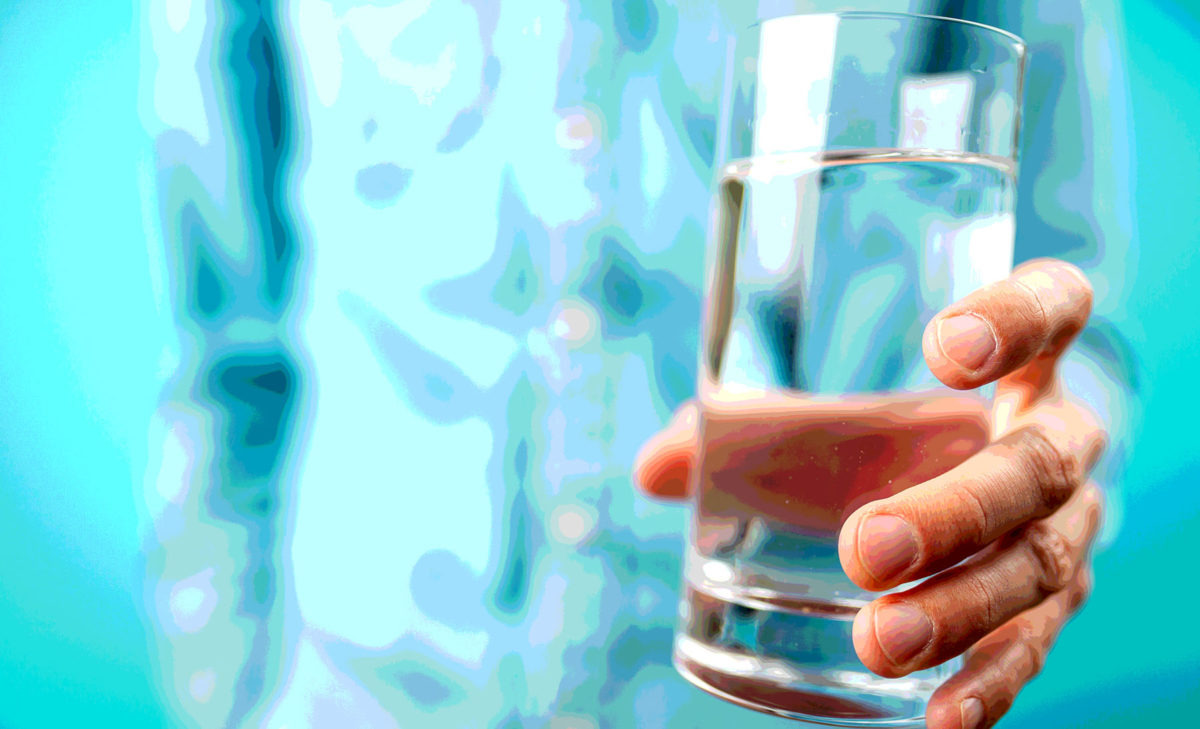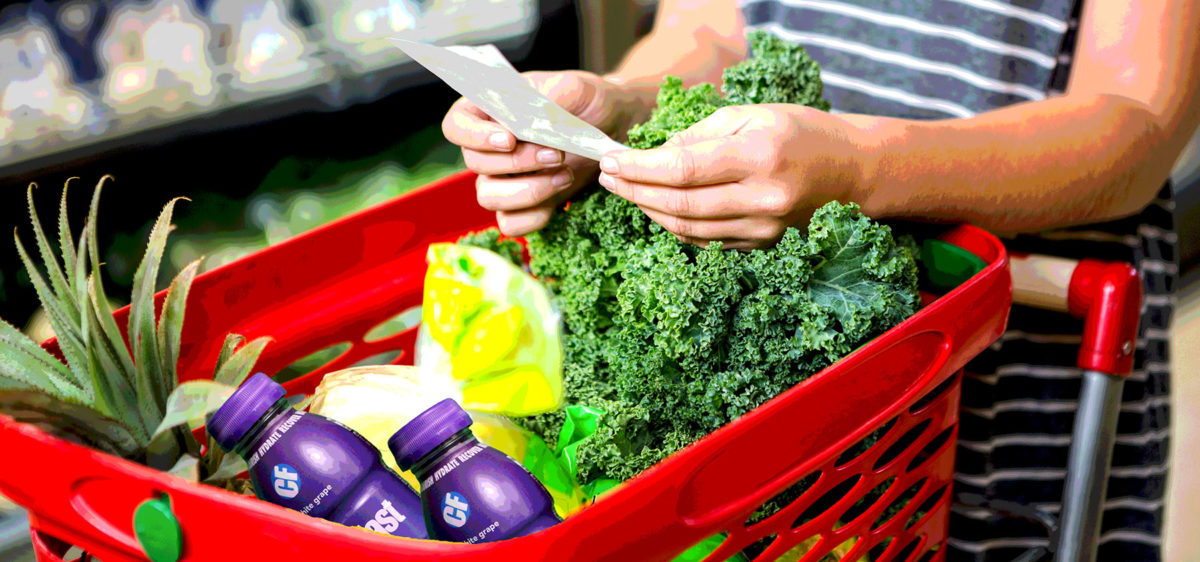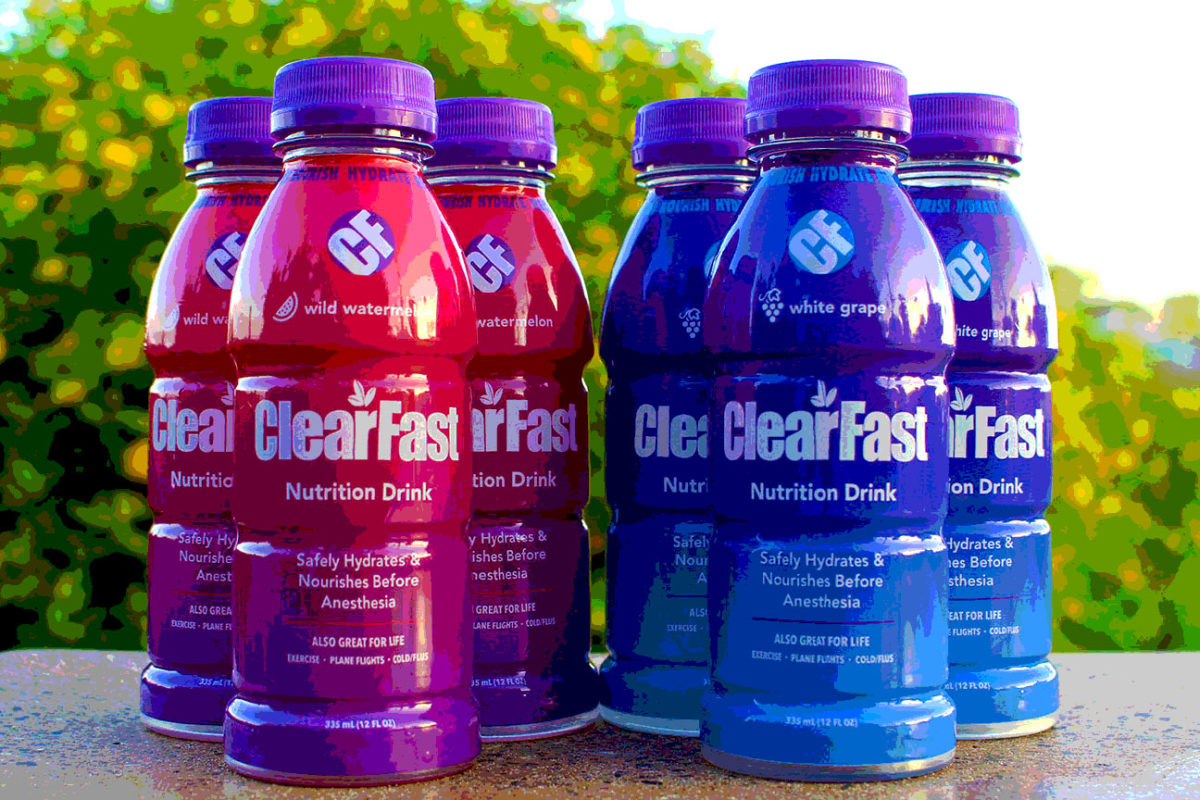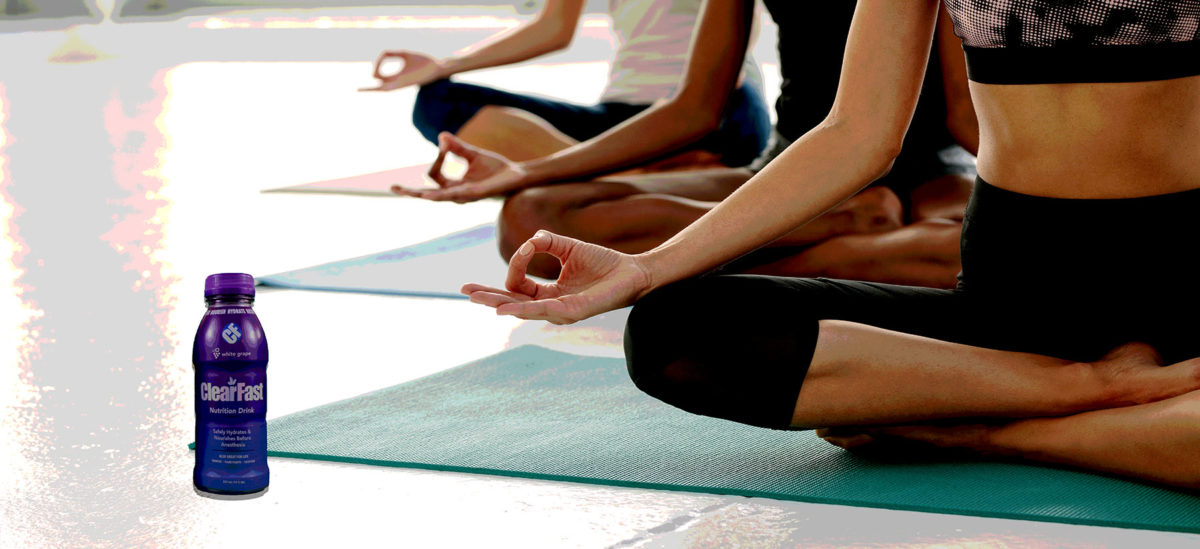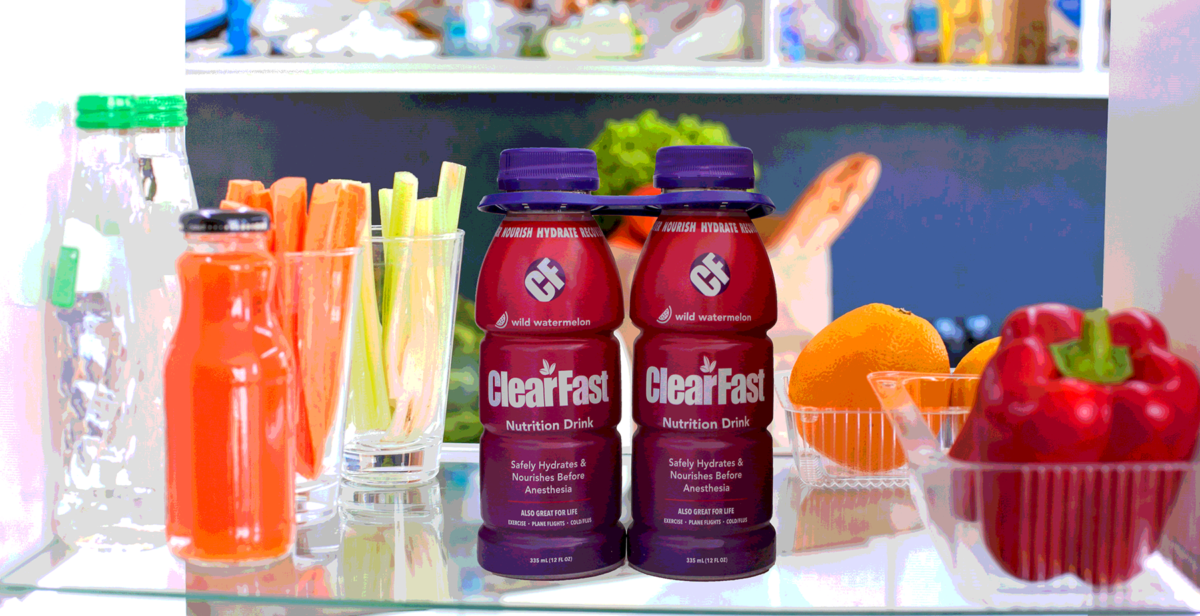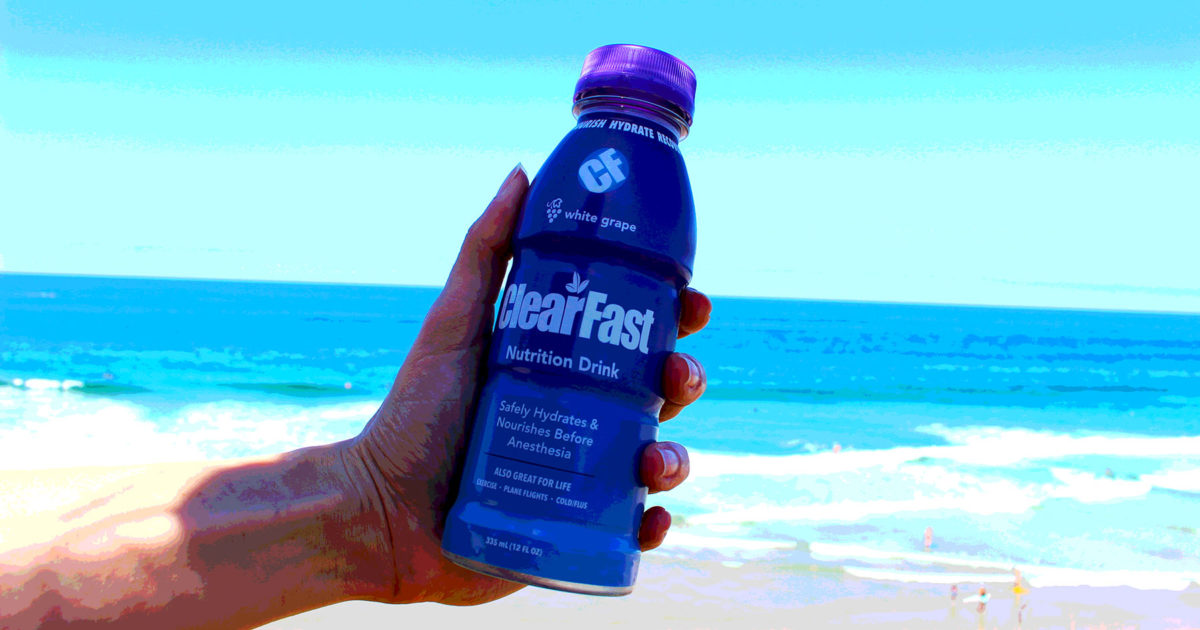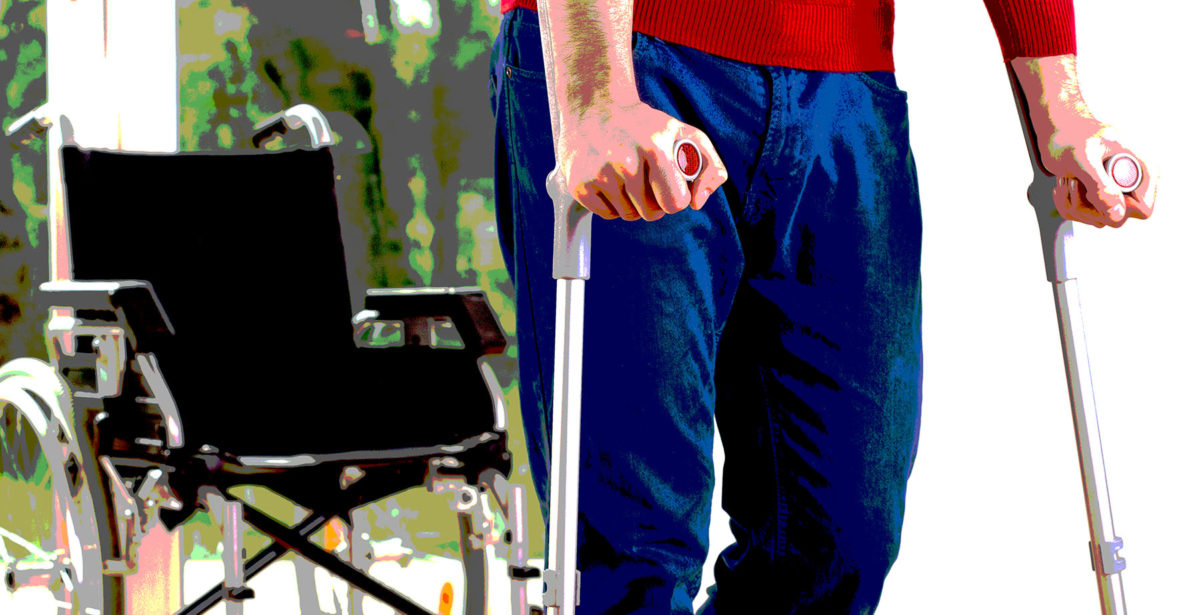Though there are approximately 15 million colonoscopies performed in the U.S. each year (whoa!), getting through colonoscopy prep isn’t exactly a breeze. With a large volume of a foul-tasting prep liquid to consume, a clear-liquid diet you have to stick to, and—yes—the uncomfortable reality of clearing your bowels for your procedure, it’s safe to say there are far more enjoyable experiences in the world than the dreaded prep process. But, with a little proactivity, the prep process can be made a bit more enjoyable and comfortable than it is when going in blind. Today, then, we’re offering up some pro tips for getting through colonoscopy prep—and getting that all-important procedure performed!
Why is getting through colonoscopy prep important?
Allowing your fear of getting through colonoscopy prep to be a barrier to actually getting the procedure done can mean sacrificing your health and well being—especially when you consider the fact that colorectal cancer is the second leading cause of cancer death amongst women and men combined. If you fail to complete the dreaded prep process successfully (the end-goal of which is completely emptying your bowels so you doctor can clearly see inside the colon), your doctor won’t be able to perform your colonoscopy—which means missing out on vital information about your health that (information that could potentially save your life). In fact, 60 percent of colorectal cancer deaths could have been prevented with screening. But, not to fear, we break down some pro tips for making the prep process as comfortable as it can be below!
What are some tips for getting through colonoscopy prep successfully?
We’ll be honest: the bottom line is colonoscopy prep isn’t going to be an enjoyable experience—but there are plenty of things you can do to make it far more comfortable and less stressful than it has to be, including:
- Cut back on fiber and large meals. While it may be tempting to consume heavy, fibrous meals before you have to start on your prep and liquid fast, this will ultimately make getting through colonoscopy prep all the more difficult and uncomfortable. We recommend cutting back on fiber and eating smaller, more easily digestible meals in the 2-3 days leading up to your colonoscopy prep (trust us—you’ll thank us when it comes time to clear your bowels). Plus, high-fiber foods leave behind residue in your colon that can make it difficult for your doctor to see polyps, the entire point of a colonoscopy.
- Chill your prep liquid. Drinking your prep liquid chilled will help it go down much easier and smoother. Be sure to chill it in the fridge overnight before it’s time to consume it. If your prep liquid is unflavored, you can also add flavoring to it (like fresh lemon or a powdered juice-drink mix)—just be sure to steer clear of colored dyes, like red and purple, to avoid the appearance of internal bleeding.
- Hydrate and nourish with the right clear liquid. As part of your colonoscopy prep procedure, you have to stick to a clear-liquid diet and that dreaded prep drink. Unfortunately, though, the prep liquid your doctor prescribes can lead to major dehydration and electrolyte imbalances (not to mention hunger!). Dehydration and hunger are both things you want to avoid in general, but especially before undergoing anesthesia. Consuming a liquid that’s full of nourishment, but still clear and safe to drink as part of your prep, helps to greatly reduce dehydration and hunger before your procedure. Fortunately, ClearFast is clear and colorless, but also contains the electrolytes you need for hydration and the complex carbs you need for nourishment. (By acting as “liquid food”, ClearFast also works to reduce post-op nausea and vomiting. Preop fasting is largely responsible for the nausea and vomiting 1 in 3 patients experience after waking up from anesthesia. ClearFast works to eliminate this problem by ensuring you’re not given anesthesia meds on an empty stomach.) Psst…check out our post on how to use ClearFast as part of your colonoscopy prep procedure here!
- Use ClearFast to “chase” your prep liquid. Drinking ClearFast as part of your colonoscopy prep is a great way to have something tasty to “chase” that foul-tasting prep liquid with. Sip your prep liquid simultaneously with a bottle of chilled ClearFast to help it go down much smoother.
What difference does ClearFast make in getting through colonoscopy prep?
We could go on forever about how much easier ClearFast makes your colonoscopy prep procedure (we hear it from happy ClearFast patients all of the time)—but, instead, we’ve rounded up some real-life reviews below:
- “At 70+ years old with significant diverticulitis, I have had many dreaded colonoscopy preps. My last experience was totally different thanks to just 3 bottles of ClearFast PreOp” – B. T.
- “I despise the oral bowel prep. Last time, I drank ClearFast PreOp along with my prep…I ‘chased’ each 8 oz. dose of the prep solution with a few sips of ClearFast PreOp to get rid of the awful aftertaste. I had a full bottle of ClearFast PreOp following the full prep and a third dose at two hours before the colonoscopy. I felt great and will always repeat this routine in the future! For my last colonoscopy, I was stuck 7 times for my IV as I was so dehydrated. This last experience was a ‘1 stick miracle’! I have highly recommended ClearFast PreOp to any eligible patient.” – A. S.
- “Thank you so much for introducing me to ClearFast PreOp. Having to go through my first colonoscopy, my worst fear was not only having to drink the solution, but doing so on an empty stomach with the possibility of being nauseous! Sipping on ClearFast PreOp after each glass made it bearable, as it tastes good! And, it was comforting to know that it was full of nutrients.” – P. C.
———
Overall, getting through colonoscopy prep isn’t exactly the most enjoyable experience in the world, but adding some liquid nutrition and hydration into your prep process can make all of the difference. If you’re ready for a stress-free, more comfortable colonoscopy prep (and a fast recovery!), you can order your ClearFast PreOp Drink here. And don’t hesitate to reach out to the ClearFast team at support@drinkcf.com if you have any questions at all.

